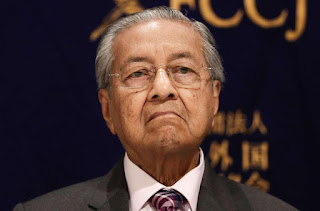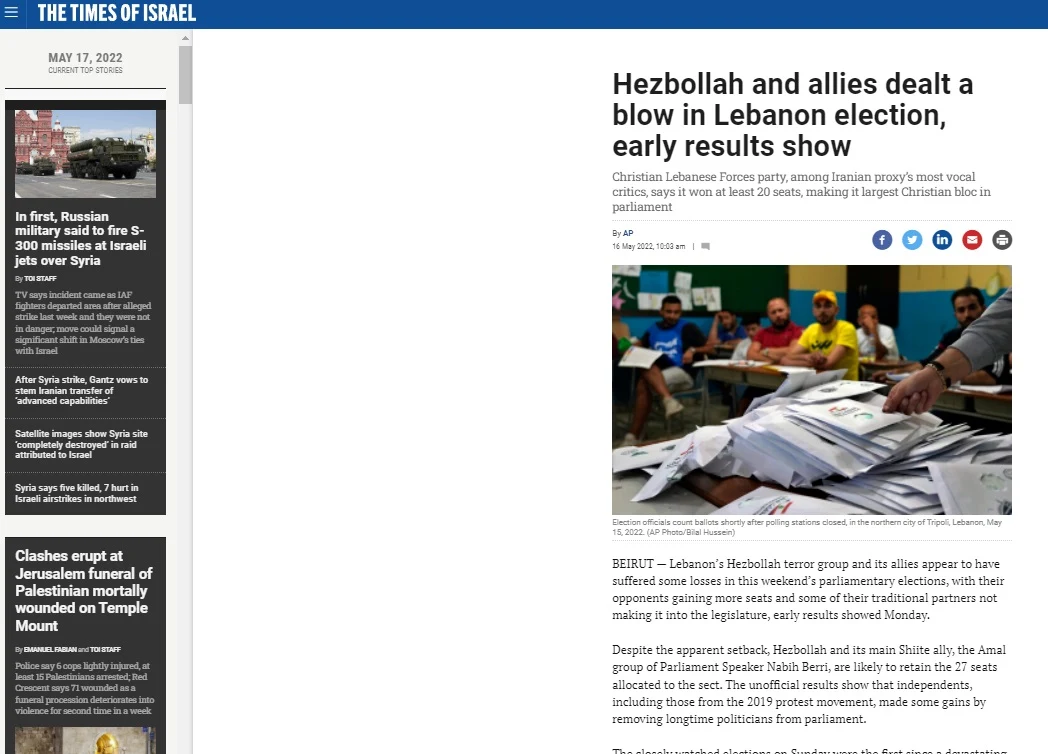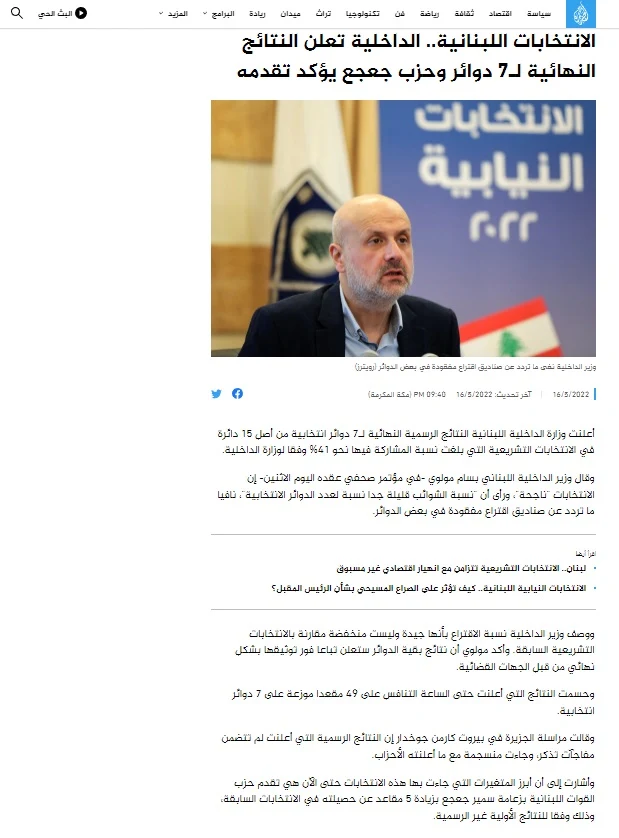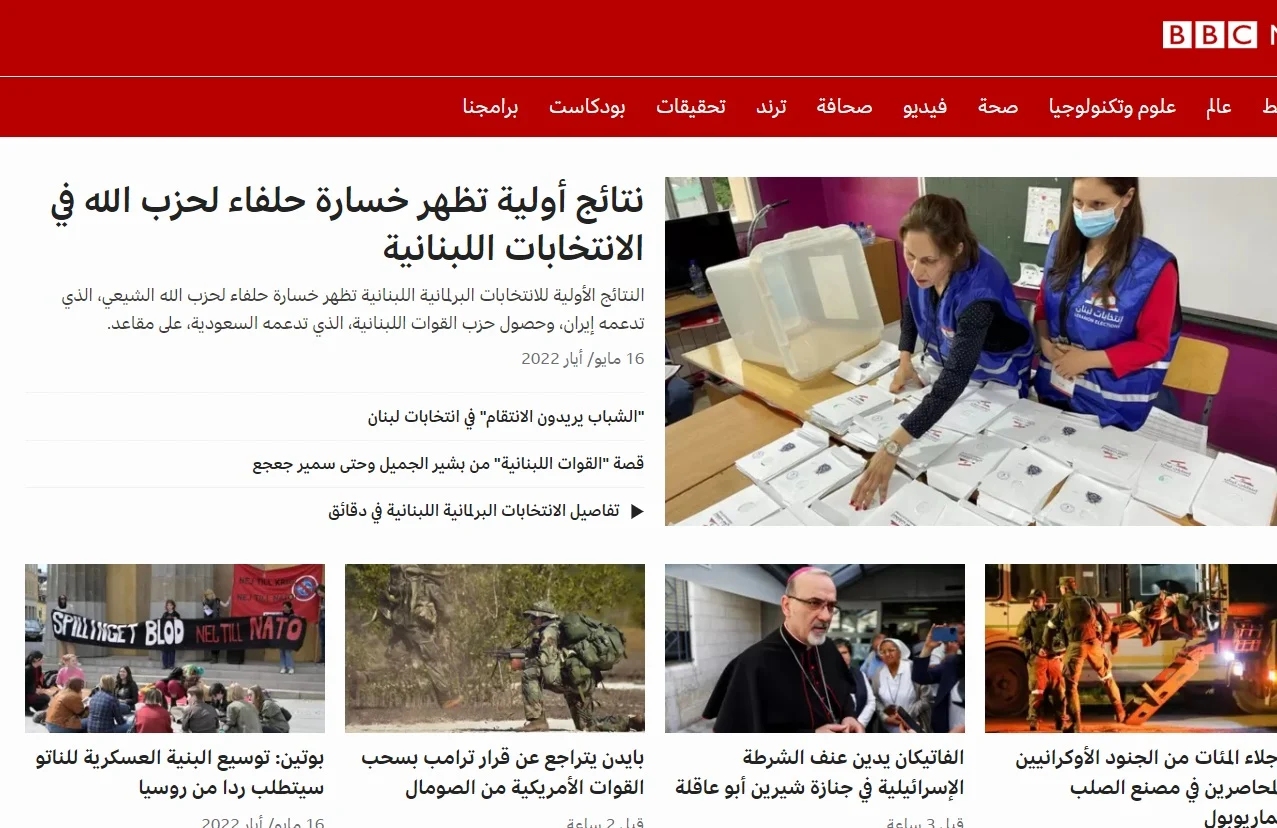
Is Pakistan on a path to profound changes that can no longer be controlled by outdated systems and outside players?
Streets of Rawalpindi in Pakistan now. Supporters of Imran Khan gathered as part of a massive anti-government march in Islamabad.
At the moment, the former Prime Minister of the Republic Imran Khan speaks to a crowd of protesters. After his speech, the general column is expected to move to the capital.





























































